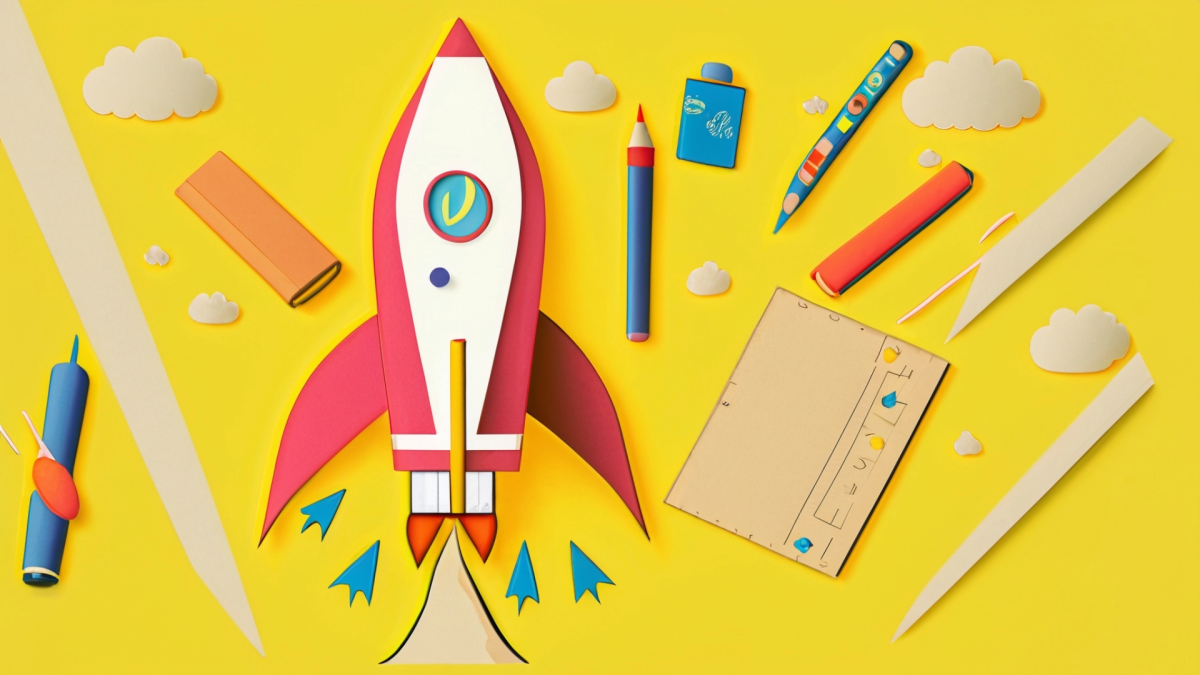
Grades:
7th Grade
Part 3 of the Unit. Students launch their rockets and record observations along with altitude data!

Grades:
4th Grade, 5th Grade, 6th Grade
This is the 4th lesson plan in a set of 4 lessons that correspond to the novel "Space Case" by Stuart Gibbs. In the last chapters of the book, we find that this main character encounters robotic arms

Grades:
3rd Grade, 4th Grade, 5th Grade
This is the third lesson in a series of 4 lessons that correlate to the novel "Space Case" by Stuart Gibbs. This set of lessons is based on chapters 8 - 14. The lessons include creating a timeline

Grades:
5th Grade
In this lesson, students will work individually to build a working periscope. They will make a simple one out of card stock and then being creative with whatever supplies their teacher gives them

Grades:
7th Grade, 8th Grade, 9th Grade, 10th Grade, 11th Grade, 12th Grade
Students will combine science and art by using an alternative photographic process called cyanotypes or sun prints. After a short introduction to the history of cyanotypes and the process of creating
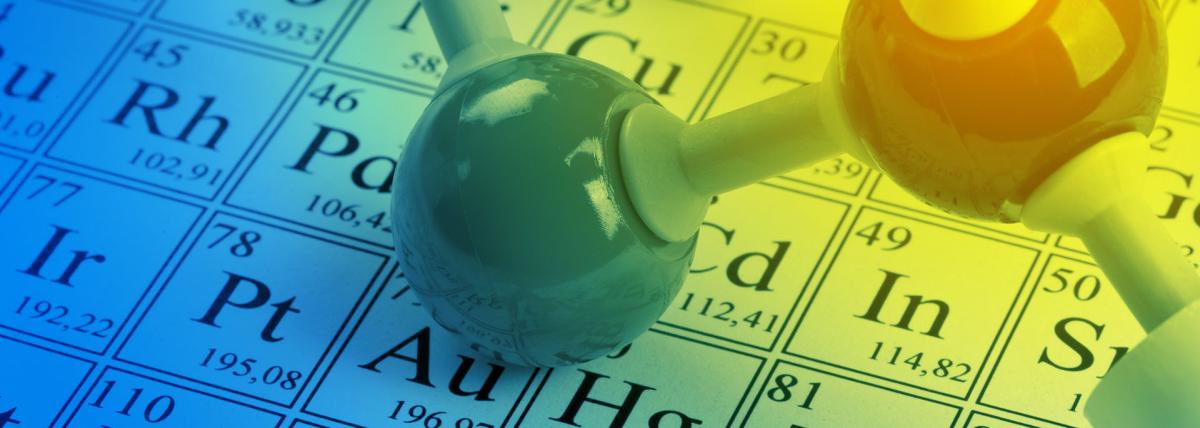
Grades:
9th Grade, 10th Grade, 11th Grade, 12th Grade
This lesson is an opportunity for students to learn about the past, the interesting field of nuclear radiation, and future implications to humanity as we encounter it in our spaces.

Grades:
9th Grade, 10th Grade, 11th Grade, 12th Grade
This is a lesson plan which draws importance to the ability of trees to carbon sequester in urban areas. As the world urbanizes more and more each day, it is important for our health to emphasize
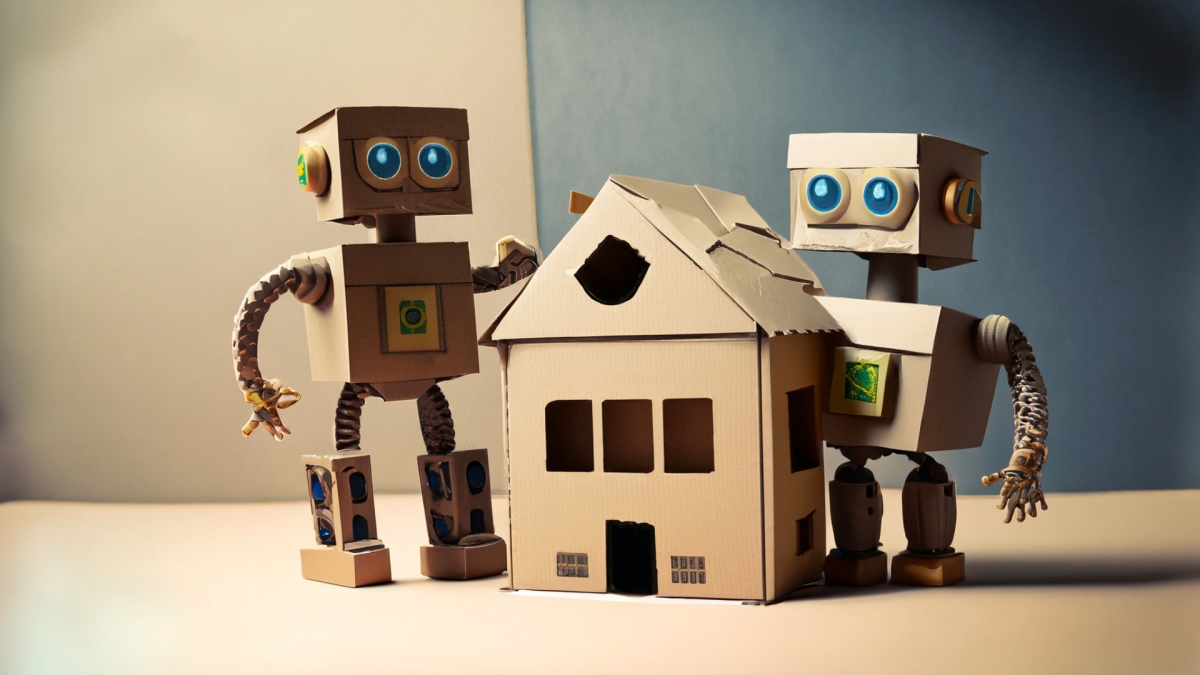
Grades:
3rd Grade, 4th Grade
An Arizona 3rd grade standard is to learn about Arizona tribes' ways of living and how they depend on their environment to shape their world. In this hands-on lesson, students will use their hands

Grades:
6th Grade
In this engaging lesson, students will use an online planetarium and participate in a kinesthetic model activity in order to develop and revise a model explaining the apparent motion of the stars in

Grades:
8th Grade, 9th Grade, 10th Grade
This is part of an Ecology Unit, where students will create a food web using a set of cards. Students will identify the organisms in the different trophic levels, create a series of food chains, then

Grades:
7th Grade, 8th Grade
In this engaging lesson, students will delve into the fascinating world of energy transfer and efficiency by designing and building their own solar-powered devices. Through hands-on activities

Grades:
6th Grade, 7th Grade, 8th Grade
This is a 5E lesson plan for teaching middle school students (grades 6-8) how to use sensors to control motors and interact with objects on a field using block code with a system like LEGO Mindstorms.

Grades:
7th Grade
This lesson is the 3rd lesson in a series of 4. It has the students learning about measuring angles and calculating missing angles to determine the angles on a practice Sphero Bot course. Once the

Grades:
Kindergarten, 1st Grade, 2nd Grade, 3rd Grade
This hands-on lesson is to help students create geometric shapes by writing code to allow their robot to create the assigned shape. Students learn about algorithms as they explore the basics of coding

Grades:
4th Grade
This engaging lesson explores electrical energy/currents, the engineering design process, and coding (picture, block, and python) with LEGO robots! Students will code their robots to navigate an
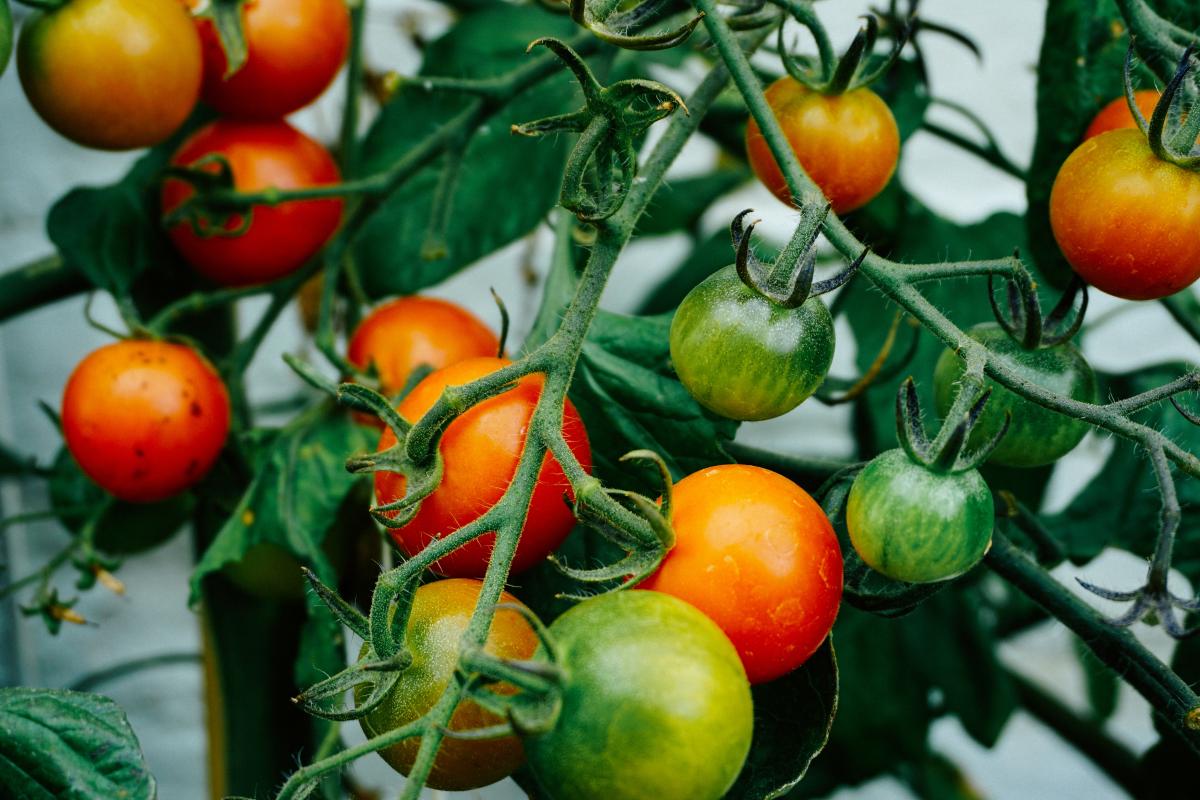
Grades:
4th Grade
This lesson explores light energy, hydroponics, and metric measurement conversions (mm, cm, m). Students will identify the ways that different colors of light energy can affect plant growth. They will

Grades:
7th Grade, 8th Grade, 9th Grade, 10th Grade, 11th Grade, 12th Grade
This is a lesson geared toward junior high and high school classes to introduce students to the idea of cryptography and encryption. This lesson could be simplified for younger students by removing

Featured
mini Sphero mini Golf
Grades:
6th Grade
In this outstanding lesson, students will design and build their own mini golf hole (first on scaled paper, then using cardboard and recycled materials). One obstacle must be made out of a net

Grades:
4th Grade, 5th Grade
This lesson is about the Petrified Forest National Park here in Arizona. It teaches students about the National Park. It also has a lab showing students how things like wood become petrified!

Grades:
8th Grade, 9th Grade, 10th Grade, 11th Grade, 12th Grade
Over the course of three class sessions, spanning 90 minutes each, students will engage in an immersive project focusing on the outdoor air quality prevalent in four states situated in the
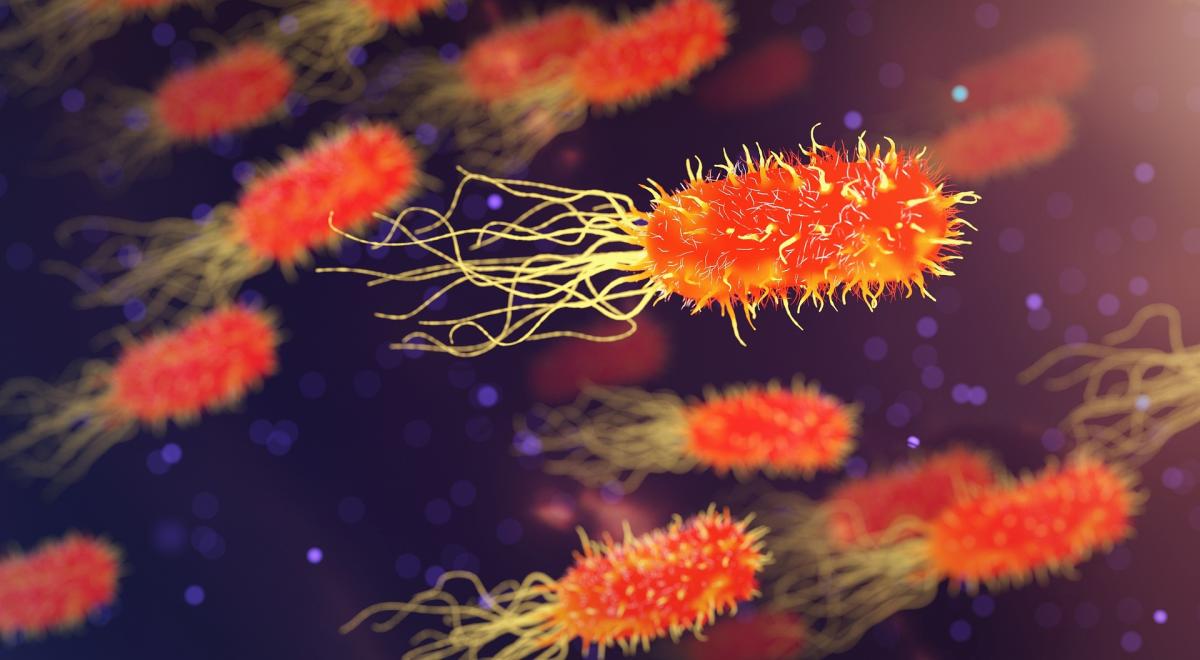
Featured
Planarian Regeneration
Grades:
3rd Grade
In this engaging lesson, students will explore human regenerative medicines through the planarian's ability to regenerate. Planarians have specials cells that allow themselves to modify and regrow

Grades:
6th Grade, 7th Grade, 8th Grade
What would you do if you were dropped into the wilderness, with nothing but what you could fit into a backpack, and had to survive harsh weather, a hostile location, and possibly aggressive wildlife

Grades:
4th Grade
This lesson is in collaboration with the National Park Service and contains additional activities from the Jr. Ranger program. Using the NPS brochure guide/map and Plantnet app, students will identify

Grades:
8th Grade
In this hands-on lesson, students will carry out an investigation to gather evidence to determine whether a change is chemical or physical. This lesson concludes with a pixel art activity.
